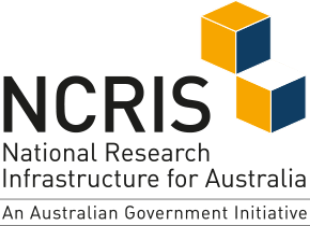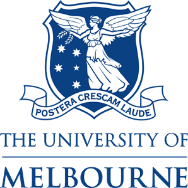Governance
Our Vision
World-leading accelerators for science and industry.
Our Mission
The Heavy Ion Accelerators NCRIS project operates world-leading particle accelerators for a wide variety of scientific and industrial applications, for users from Australia and around the world.
The HIA Lead Agent is the Australian National University, which also hosts the Heavy Ion Accelerator Facility and the Ion Beam Analysis and Ion Implantation Facilities. The University of Melbourne hosts the Nuclear Ion Microprobe Facility.
Governance structure
Board
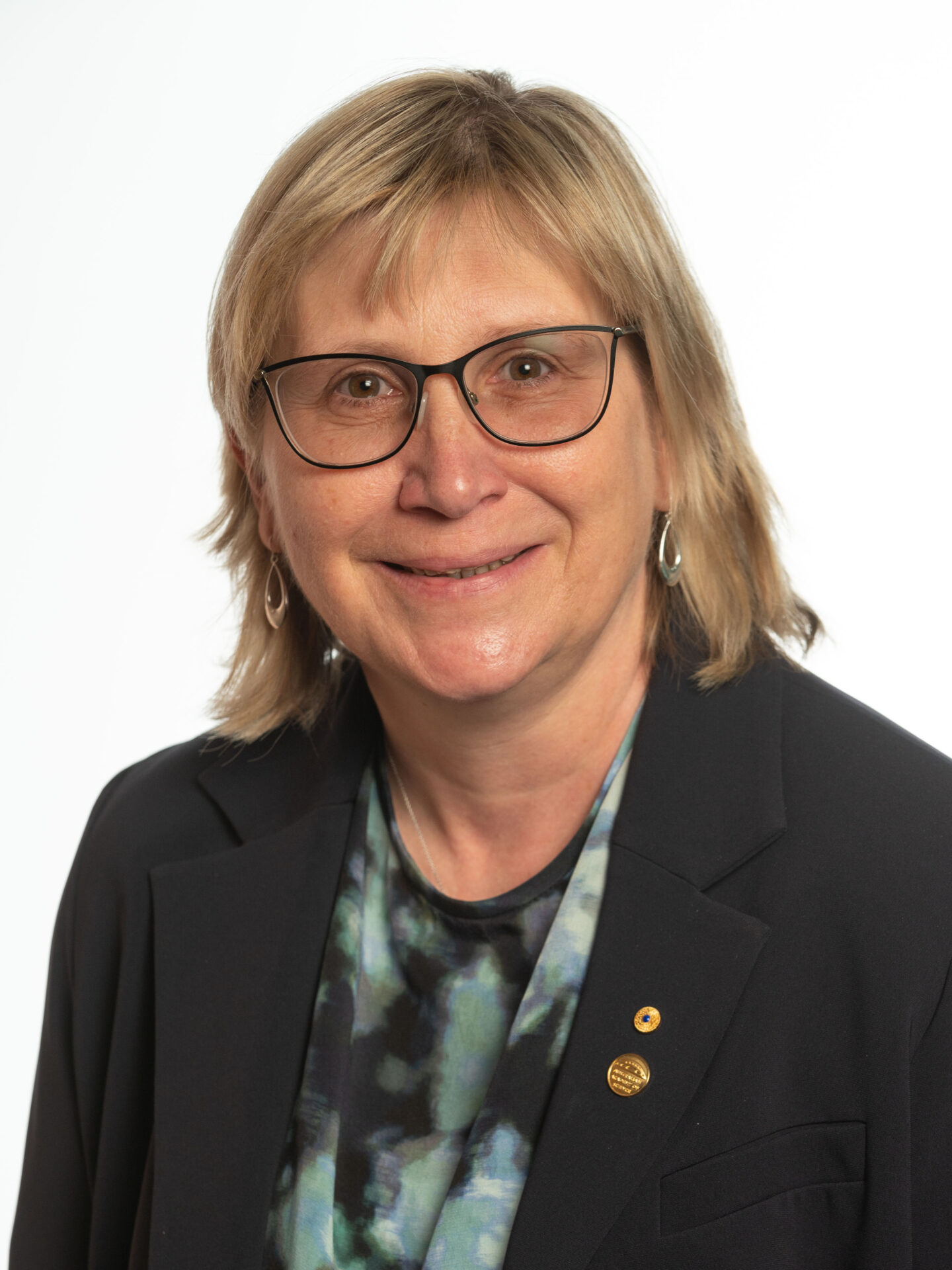
Prof. Ute Roessner
Professor Ute Roessner AM FAA is the Academic Director, Research Initiatives and Infrastructure at the Australian National University.
She obtained a PhD in Plant Biochemistry from the University of Potsdam and the Max-Planck-Institute for Molecular Plant Physiology, in 2001. Her research interests are to develop and apply metabolomics methods to study plants. In 2003 she moved to Australia where she established a metabolomics platform as part of the Australian Centre for Plant Functional Genomics.
In 2007, she was involved in the setup of Metabolomics Australia and led the University of Melbourne node until 2019. Between 2018 and 2022, Professor Roessner was the Head of School of BioSciences, University of Melbourne.
Professor Roessner is a Lifetime Honorary Fellow of the International Metabolomics Society. She has been elected to the Victorian Honour Roll of Women in 2020 and in 2021 has been appointed as Member of the Order of Australia. In 2022, Professor Roessner was elected as a Fellow of the Australian Academy of Science.
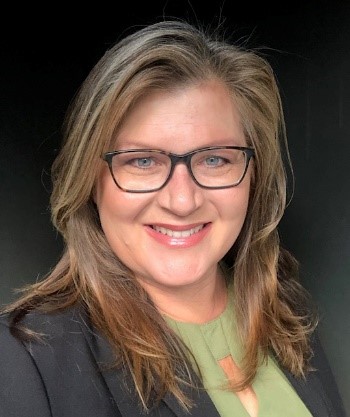
Hon. Kate Lundy
Kate Lundy served as ACT Senator in the Australian Federal Parliament for nearly 20 years; she resigned in 2015. She continues to focus her energy on technology and innovation. In 2017, the Australian National University awarded her a Doctor of Letters (honorary doctorate) for her “exceptional contributions to advocacy and policy for information communications and technology, for the ACT and nationally.”
During her time in Parliament in both Government and Opposition, Kate held several front bench portfolios, including IT, Innovation, Digital Economy, Manufacturing, Sport and Multicultural Affairs.
Kate now holds a number of company directorships including the Cyber Security Cooperative Research Centre (chair), the Canberra Institute of Technology, Electro Optic Systems, National Roads and Motoring Association, National Youth Science Forum and the Australian Grand Prix Corporation.
Kate is the ACT Defence Industry Ambassador and a member of the Space Industry Leaders Forum (of the Australian Space Agency) Kate also has her own consulting company, Technology Innovation Partners Pty Ltd.
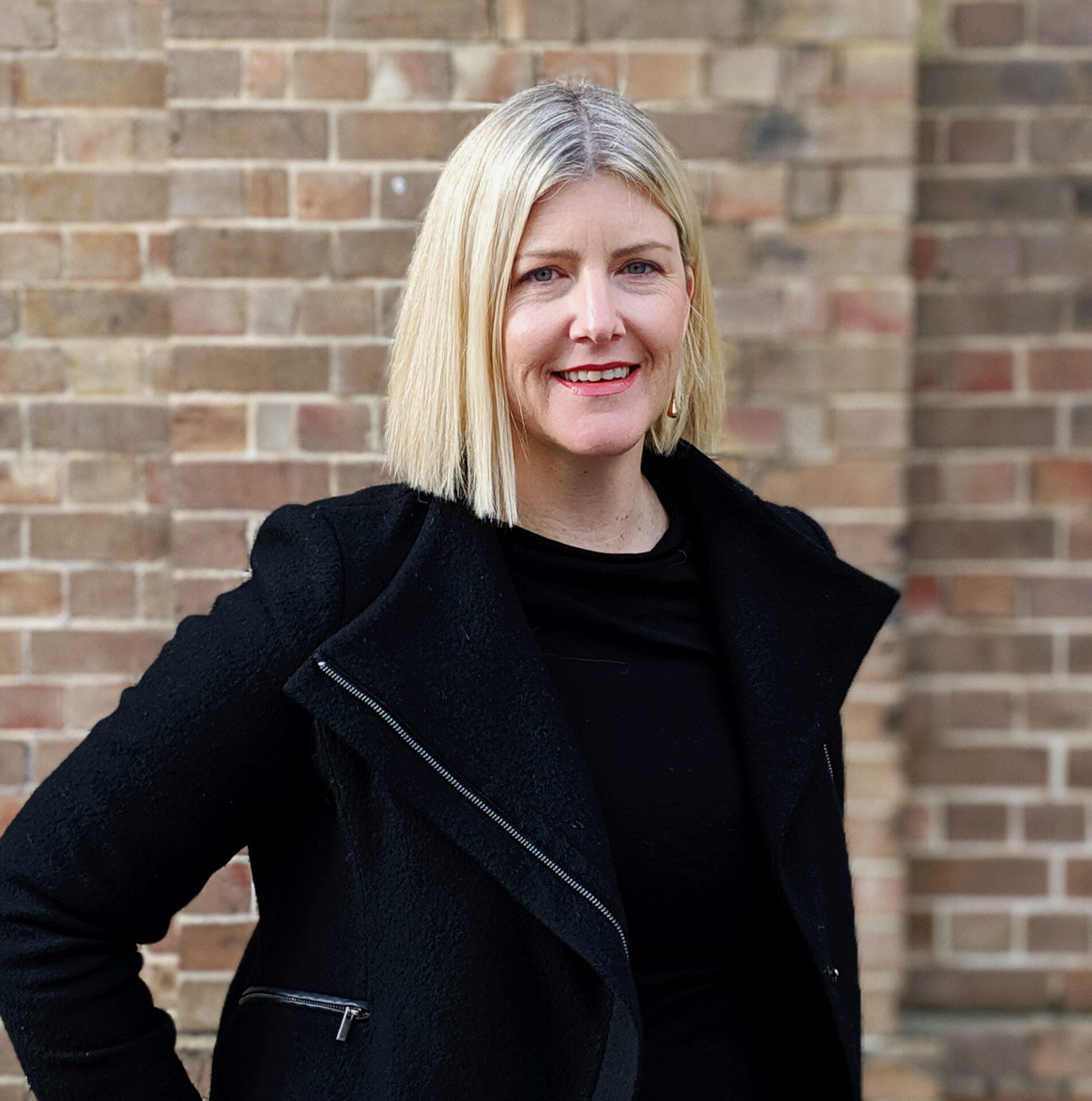
Sally-Ann Williams
As the CEO of Cicada Innovations Sally-Ann leads Australia’s pioneering deep tech incubator building companies solving the world’s most pressing problems through science & engineering. Cicada Innovations has nurtured hundreds of visionary deep tech innovators to validate, commercialise and scale high-impact technologies globally across MedTech, HealthTech, AgTech, FoodTech, Clean Energy, AI, Manufacturing 4.0 and more. Prior to joining Cicada Innovations she spent over 12 years at Google as an Executive Program Manager on the engineering team leading work on R&D collaborations with universities, startup and entrepreneurship engagement and pioneering work on CS & STEM education including building world-first collaborations delivering national transformation.
Sally-Ann has been involved in driving national engagement and change strategies in innovation & entrepreneurship, Computer Science and STEM education as a member of the COAG STEM Partnership Forum and contributed to the foundation of StartupAUS, a non-profit with a mission to transform Australia through technology entrepreneurship. She has led several cross-sector working groups to drive change both in policy & cultural transformation needed to grow a thriving technology-driven economy, and served on 4 University Industry Advisory Boards in the engineering and computer science departments.
Sally-Ann is an experienced Non-Executive Board member currently serving on the boards of Cicada Innovations, Biz Capital and AusOcean an environmental not-for-profit organisation with a mission to help our oceans through technology. She is also a board Member of the NSSN, advisory board member of the Heavy Ion Accelerator NCRIS Facility, a member of the Centre for Entrepreneurial Agri-Technology governance committee and a member of the NSW Government Tech Central Advisory Board. Former directorships include being a Non-Executive Director of World Vision Australia, and Fishburners. She is an advisor to several state and national working groups on tech & innovation and a mentor and advisor to several industry and university incubators & accelerators including Startmate.
Sally-Ann is a frequent keynote speaker on topics such as Deep Tech, technology transformation, innovation & entrepreneurship, inclusion, business development, commercialisation and transformation.
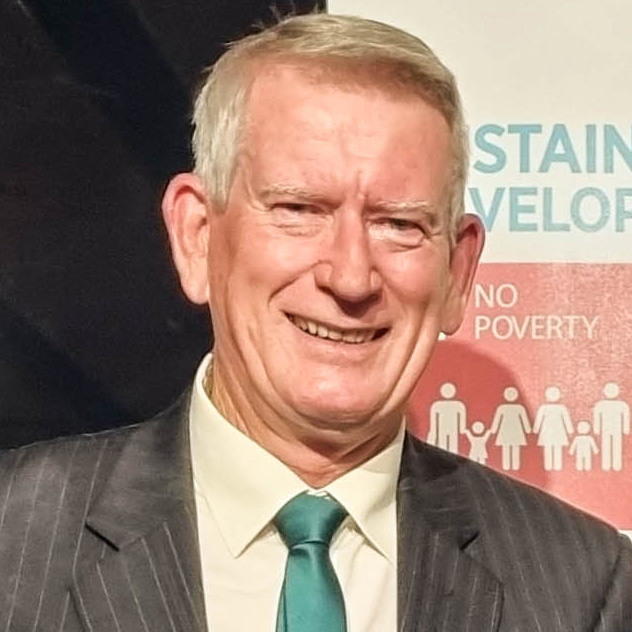
John O’Connor
A research career largely centred on the interaction of ions with the near surface region using ions from the range of 100eV to 1 GeV. His research evolved from initially focussing on determining the crystal structure of atomic surfaces to the complexities of ion surface interaction including the measurement of ranges of ions in solids which has relevance to the ion implantation that is used in the development of modern electronics, then to the stopping and straggling of ions which impacts on the developing field of hadron therapy. More recent research has focussed on the analysis of ceramic materials which are suitable for applications in extreme environments and their repair mechanisms which help to retain their exceptional characteristics.
He is a fellow of the Australian Institute of Physics, the Institute of Physics (UK) and the Academy of Technology and Engineering. He served as president of the Australian Institute of Physics and secretary of Federation of Australian Scientific and Technological Societies (now Science and Technology Australia). He has published over 200 research papers, 130 conference papers, 8 book chapters and 2 edited books. He has been awarded an Alexander von Humboldt Fellowship, the Sir William Hudson Award for outstanding engineering excellence, a Public Awareness of Physics Award (IOP UK) and an award for Outstanding Service to Physics (AIP Australia).
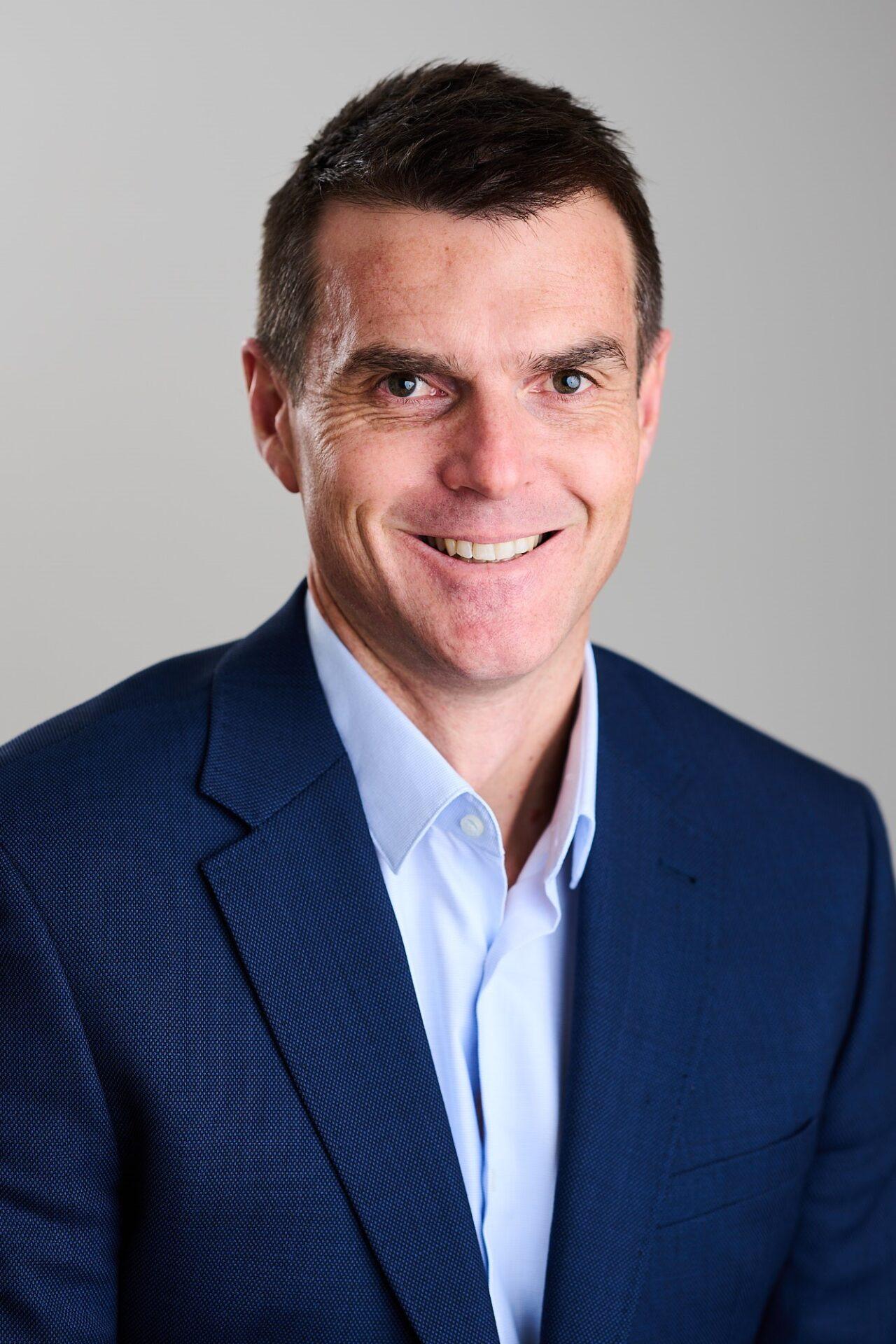
Ken Maxwell
Ken has been specialising in Federal Government for 25 years. He has excelled in his career through his ability to:
- operate seamlessly between strategic and operational/technical levels
- understand and translate strategic or policy outcomes to the actions required at all levels of an organisation in both private sector commercial settings or within government
- combine commercial acumen with critical thinking skills and apply them to organisational transformations to meet strategic objectives.
Ken’s technical foundation stems from his Engineering education having served as an Aerospace Engineer and Naval Officer in the Royal Australian Navy. Many of Ken’s strong disciplines are a result of the experience gained through training and operational deployments as a Naval Officer.
Transitioning into Professional Services Ken has been key to growing government practices in his time at PwC and EY specialising in Defence and National Security. Following on from this Ken moved to a small emerging technology company as CEO & Managing Director at a critical juncture in their growth.
From a career specialising in organisational and capability reviews, complex capability & assets, and delivering transformation, Ken now provides independent strategic advice to clients in both public and private sectors.
Boards/Committee membership
- Australian National University (ANU) Heavy Ion Accelerator (HIA) Advisory Board – Board Member
- General Sir John Monash Foundation scholarships: Chair, ACT Selection Board
- Mental Health Australia: Finance Audit and Risk Management Committee – Member.
